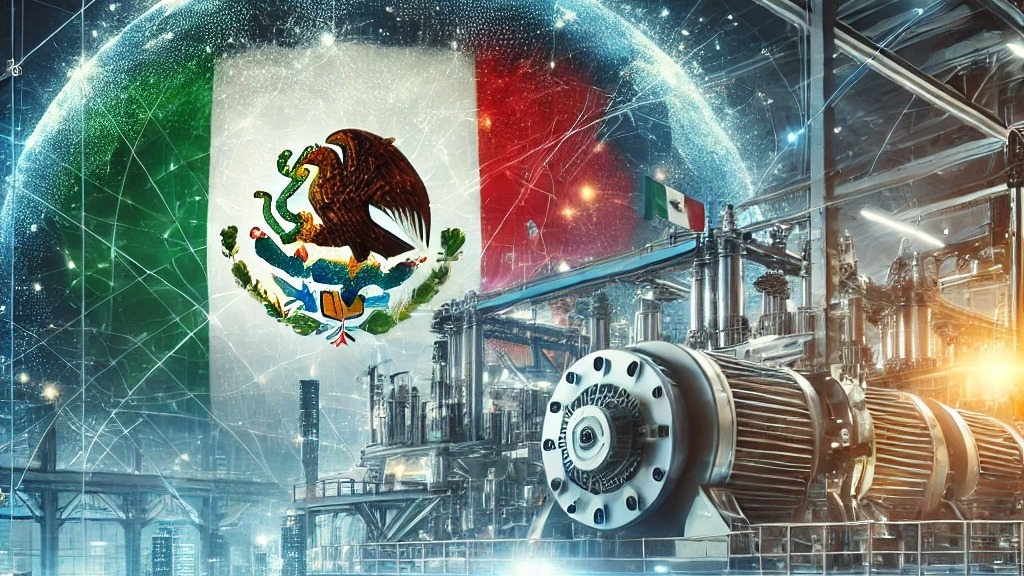Cost of insecurity to Mexico and Latin America continues unabated

Insecurity in Latin America is 3.44% of Gross Domestic Product, a cost that includes loss of life, public and private security.
In Mexico, this reality implies a direct limitation to the country's economic and social development, hindering investment, slowing down employment and affecting key sectors such as tourism.
Experts from the International Monetary Fund (IMF) and the Inter-American Development Bank (IDB) warn that this situation will persist without notable improvements since 2022, which represents a considerable opportunity cost for an economy with great development potential.
A strength of the Mexican market is its resilience and ability to adapt in an adverse context, with companies and communities continuing to move forward and seek strategies to operate in challenging conditions. Mexican industries, especially small and medium-sized companies, demonstrate a high capacity for resilience in the face of insecurity, investing in private security and adjusting their operations.
However, this same strength becomes a weakness when resources that could be allocated to innovation and growth are absorbed by spending on security and protection. This limits the scope for Mexican companies to increase their global competitiveness and directly affects the potential for economic growth.
The context of insecurity also reveals an opportunity to improve the institutional structure and strengthen the justice and security systems. Mexico, as one of the most attractive markets in Latin America, has the opportunity to take measures to promote a safer environment, which would increase the confidence of both domestic and foreign investors.
The recent collaboration of international organizations and experts in economics and security underscores the importance of working on public policies that address the roots of crime and not just its consequences.
Increased public sector participation and accountability could reshape the investment landscape, creating a competitive advantage that attracts new capital and encourages the development of affected sectors, such as tourism and infrastructure.
In terms of threats, the prevalence of corruption and the climate of impunity aggravate the perception of insecurity and hinder the effective implementation of anti-crime policies. The IMF warned in its Article IV review findings that crime and corruption are limiting factors for new investment and economic growth in Mexico.
Lack of confidence in justice and security institutions not only discourages investment, but also hinders the growth of companies that, due to their size, face higher costs to protect themselves. The perception of insecurity is a factor that affects not only local operations, but also the global perception of Mexico as a viable place for business and investment, thus discouraging the arrival of foreign capital.
The participation of specialists emphasizes the impact that insecurity has on the Mexican economy, from the integration of women into the labor market to the productivity of entire economic sectors. As the region faces growing inequality which, in turn, intensifies the effects of insecurity, Mexico has the opportunity and the challenge to restructure its security policies, innovate in its protection systems and reduce the costs of crime on its economy.
This investment would not only generate benefits at the local level, but could also transform the country's image on the international stage, attracting new business opportunities and favoring a more solid and equitable economic structure.
Collaboration: Editorial Auge.





